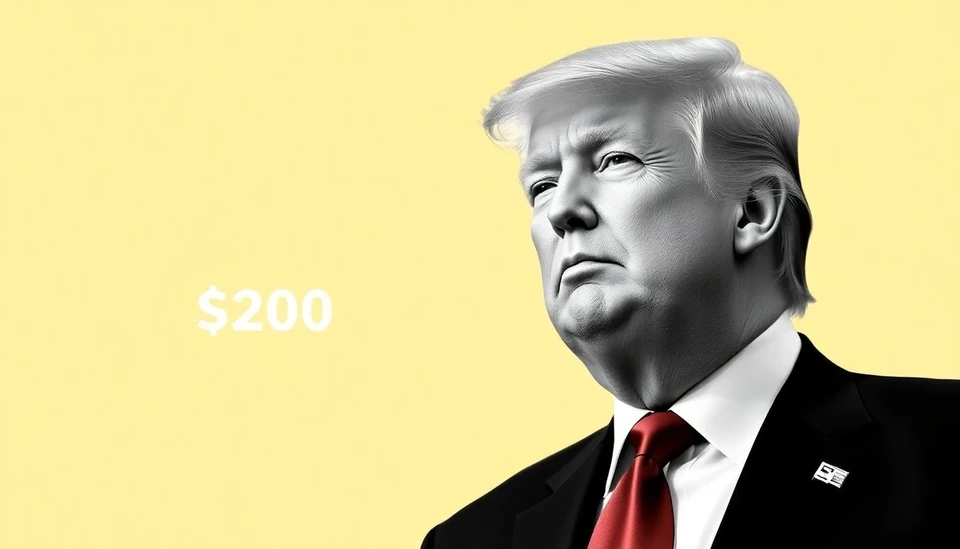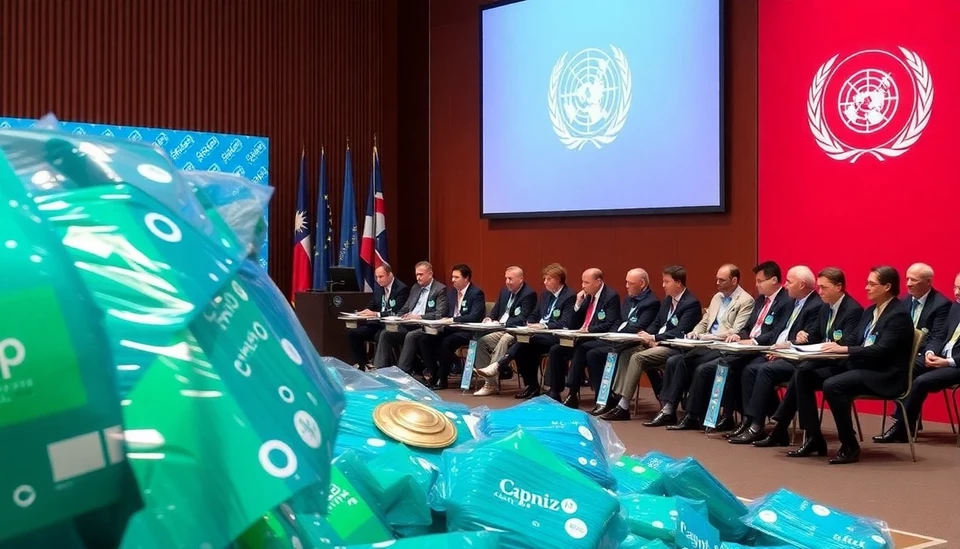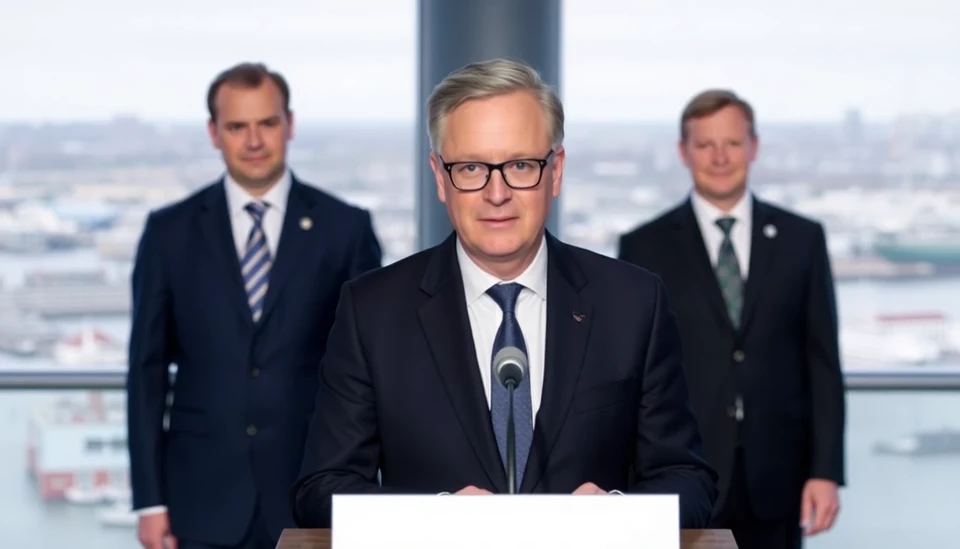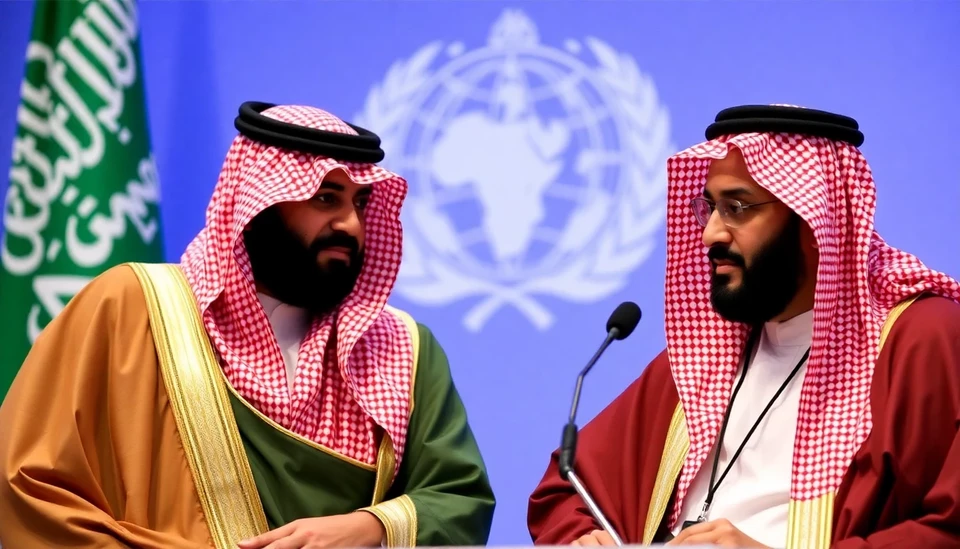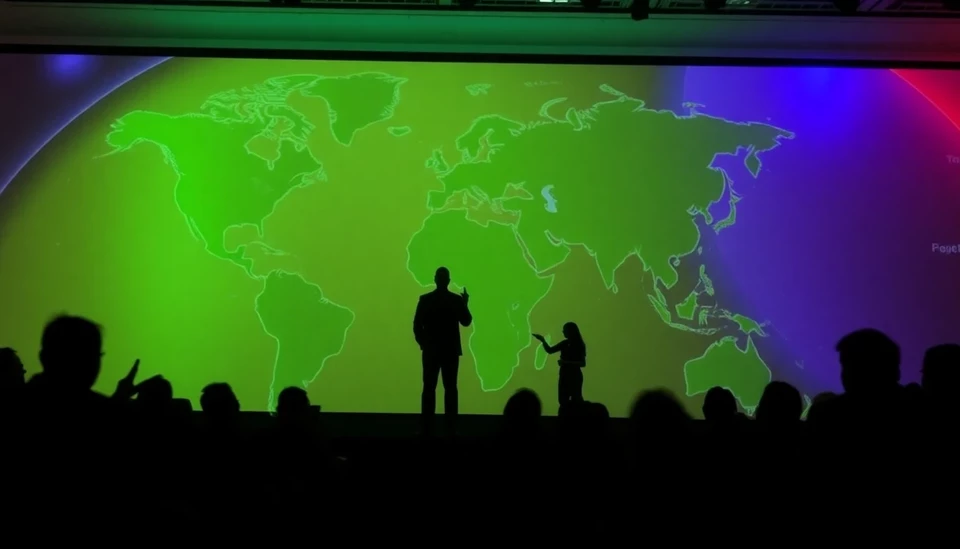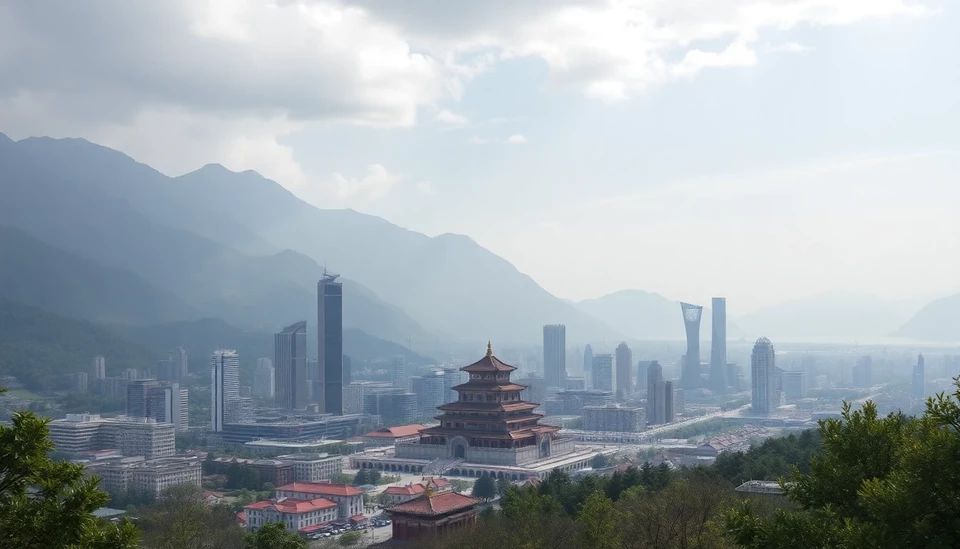
As the world gears up for the 29th United Nations Climate Change Conference (COP29) in 2024, all eyes are on China, a critical player in the global fight against climate change. With its massive carbon footprint and substantial investments in renewable energy, China's actions at COP29 could significantly influence the direction and outcomes of international climate efforts.
This year's conference will take place in Dubai, and China's role is particularly pivotal as the country grapples with its commitment to reduce carbon emissions while managing its economic aspirations. Having promised to peak its carbon emissions before 2030 and reach net-zero by 2060, China's progress towards these goals will be closely scrutinized by other nations and climate advocates alike.
Experts are anticipating a focus on several key themes from the Chinese delegation at COP29. First and foremost, China is likely to advocate for more substantial financial support from developed countries, which Beijing argues is essential for developing economies to meet their climate goals. The call for climate finance is not new for China, but it is expected to be more pronounced given the severe impacts of climate change observed globally, including extreme weather events that have affected China itself.
Moreover, China is expected to showcase its advancements in green technology and renewable energy initiatives. With its status as the world’s largest producer of solar panels and wind turbines, China aims to position itself not only as a leader in climate action but also as a hub for clean technology innovation. The Chinese government may push for international cooperation in technological exchange and investment in clean energy, reinforcing the narrative of shared responsibility and collective action in combating climate change.
Another critical area of focus will likely be the preservation of China’s coal industry. Despite its commitments to reduce emissions, China continues to rely heavily on coal for energy production, raising concerns about the nation's sincerity in adhering to its climate commitments. Observers will be on the lookout for any indications of how China plans to reconcile its ongoing investment in fossil fuels with its long-term climate goals.
Furthermore, geopolitical tensions, particularly with the United States and other Western nations, may play a role in China's approach at COP29. As countries ramp up their climate strategies, the interplay between climate policy and international relations could become a focal point of negotiations. China's strategy may involve leveraging its climate commitments to bolster its global standing while countering narrative frameworks that paint it as a climate villain.
As COP29 approaches, the international community cannot afford to overlook China's actions and declarations. The outcomes of this conference could set the stage for significant progress in global climate policy and action, or, conversely, exacerbate divisions between developed and developing nations. The world will be watching to see if China will align its ambitious rhetoric with actionable commitments or continue its complex balancing act in the realm of climate diplomacy.
In summary, China's participation in COP29 is expected to feature a call for financial aid, an emphasis on green technology leadership, a defense of its coal industry status, and a navigation of complex international relations. As global leaders convene, the effectiveness and sincerity of China's climate strategies will undoubtedly shape the future of climate action worldwide.
#COP29 #China #ClimateChange #RenewableEnergy #Sustainability #ClimateFinance #GreenTechnology #CleanEnergy #InternationalRelations #ClimateAction
Author: Sophie Bennett
